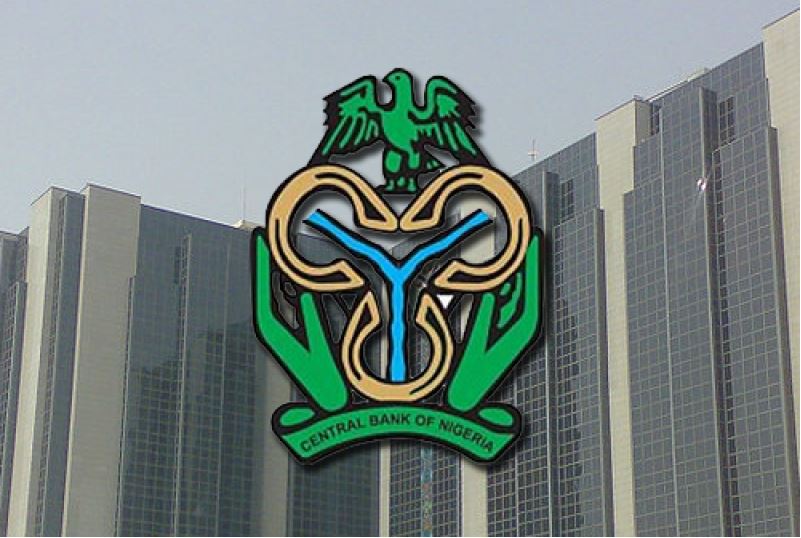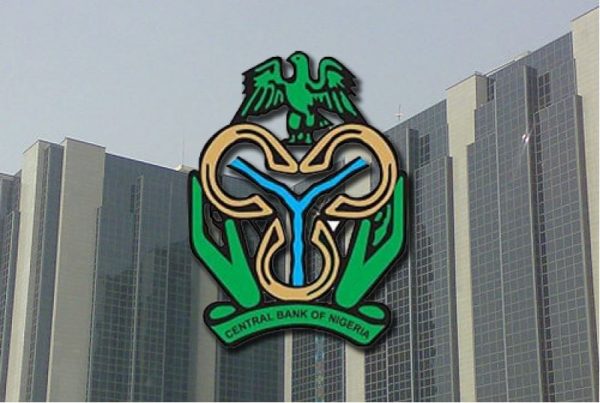In the bid to save the engines of Nigeria’s factories from grinding to a halt, the Central Bank of Nigeria has ordered commercial banks and other authorised dealers of foreign exchange in the country to set aside 60 percent of their FOREX purchases for manufacturers.
The manufacturing sector has been hit particularly hard by the scarcity in foreign exchange; because production in Nigeria relies heavily on imported raw materials and machinery, manufacturers need foreign currency to purchase these inputs. Without foreign exchange, they are unable to get these inputs, and production slows down or stops. The CBN now says that it intends to reverse what it describes as a situation in which only “a negligible proportion of foreign exchange sales” are being allocated to manufacturers. This is the reason it has given for the directive it issued to banks on Monday.
The CBN’s order is contained in a circular dated August 22, 2016, and signed by W.D. Gotring, director of the bank’s trade and exchange department. In it, the apex bank directed authorised FOREX dealers to dedicate “at least 60 percent of their total foreign exchange purchases from all sources (interbank inclusive) to end users strictly for the purposes of importation of raw materials, plant and machinery”. It said that the remainder of the foreign exchange purchases should be used to “meet other trade obligations, visible and invisible transactions”.
Banks were also advised to continue to publish weekly sales of foreign exchange to end dealers in national newspapers, and comply with the CBN’s directives on foreign exchange transactions.


